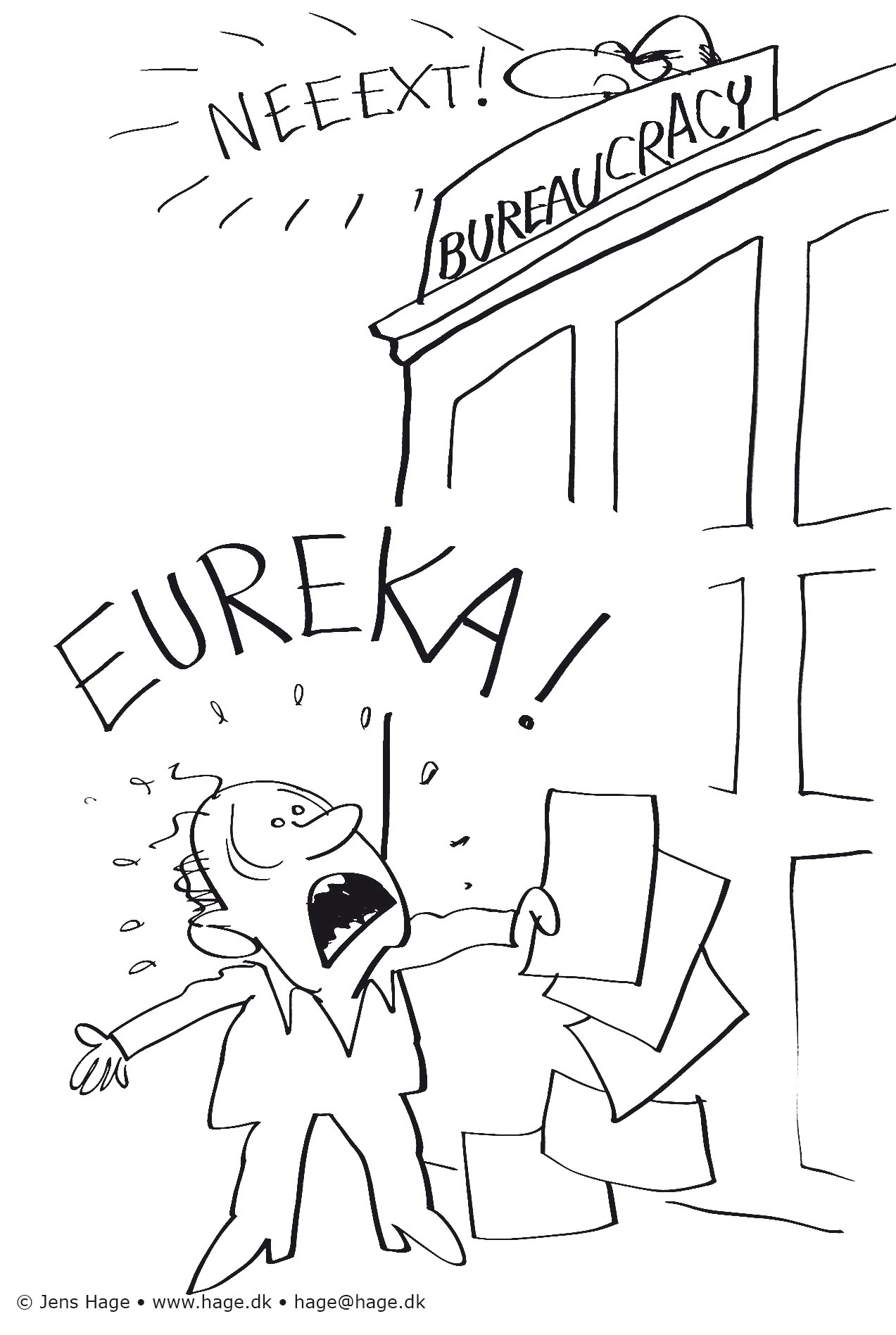Give researchers more money and greater freedom
Excellence 2012 sent a clear signal to the politicians of Europe: research and education are the way to solve the current crisis in Denmark.

Europe is in a crisis. The world is changing fast; and even ancient, venerable European universities are losing ground in the new world order. This was the situation that inspired the agenda for the Excellence 2012 conference, which was held at Aarhus University on 18-20 April as part of the official Danish Presidency of the EU.
At the conference more than 300 participants from European, American and Chinese universities, leading business executives and politicians met to discuss the true nature of excellence in research, why excellence is important, and how it can be created. And even though the perspectives presented were of course very different, almost everyone agreed that one of the factors involved in creating the best conditions for excellent research involved giving more time and space to researchers by giving them more long-term grants – as well as giving them greater freedom in an environment in which interdisciplinary cooperation had high priority.
Remember Kennedy’s words
While several of the keynote speakers focused on how to improve the external framework of research, a few speakers talked about how researchers could alter their own mindsets.
Flemming Besenbacher, Professor at iNANO and Chairman of the Board of the Carlsberg Foundation, pointed out that researchers had a responsibility. Paraphrasing the words of Kennedy, he said that researchers should ask not what other people could do for them, but what they could do for their country. There were plenty of challenges, and time was short if solutions were to be found before things got out of control, he said.
Climate change and shortages of food, water and energy were some of the urgent issues underlined by Besenbacher. And while corporate social responsibility or CSR attracts considerable interest these days, Besenbacher wanted research to adopt a new concept: SSR, or Scientific Social Responsibility.
He said that this was where excellent research came into the picture, and that it needed to be interdisciplinary if it was to cope with the problems the world was facing.
Focus on young people
Many of the speakers agreed with Besenbacher that the university world still had a number of conservative attitudes that were no longer relevant these days. And that excellence could only be achieved by allowing more space for new ideas, new methods and (to be specific) new, young researchers.
The European Research Council (ERC) is an example. It was set up in 2007 with a view to stimulating excellent research and making Europe more attractive.
Helga Nowotny is the President of the ERC, and she reported that the ERC had recently decided to give more grants to young applicants. According to Nowotny, five-year grants from the ERC ensure that young researchers gain a degree of freedom that would otherwise be unattainable.
She said that in Europe there had been a tendency to keep young researchers under the wings of their professors for far too long. As a result, many of them preferred to do their research in the US, where they were given much greater freedom to concentrate on their particular field of interest.
With an ERC grant behind them, young researchers now had the opportunity to put together their own teams; and Nowotny explained that these teams had an extremely international flavour. So European funding also helped to attract talented researchers from other parts of the world. And she underlined that Europe had to speak with a single voice if it was to survive global competition: the time had come for European countries to stop acting alone.
Second-best is not good enough
The three-day conference resulted in the Aarhus Declaration, which is entitled “Investing in Excellence – Preparing for Tomorrow”.
On conclusion of the conference, this declaration was presented to Morten Østergaard, the Danish Minister for Science, Innovation and Higher Education, with a request that it should be included in future negotiations regarding European research policy.
You might be wondering why we need a declaration stating that European research policy should focus on excellent research. After all, what else should research ever be? But the situation is not quite as straightforward as it might seem, said Morten Østergaard.
“The observance of excellence as a basic principle governing the allocation of European research funds is under pressure from two sides. For one thing there is an imbalance in the amount of funding the European countries manage to attract, so some people would like to see funding being allocated more equally. Depending on the populations of individual countries, for instance, instead of depending on the quality of the research done there,” he said.
The other type of pressure mentioned by the minister relates to the fact that increasing focus is being placed on research as a means of solving major social challenges. But here too, the minister believes that we need to focus on excellence:
“We don’t need the second-best solutions for society. We must make sure that the best researchers are given the chance to meet these challenges,” he said.
So the minister was delighted to accept the declaration:
“It sends a strong signal from the united European world of research. And this is exactly the right signal at the right time. Excellent research can provide much of the answer to the question of how Europe, including Denmark, can cope with the challenges of the future.”
